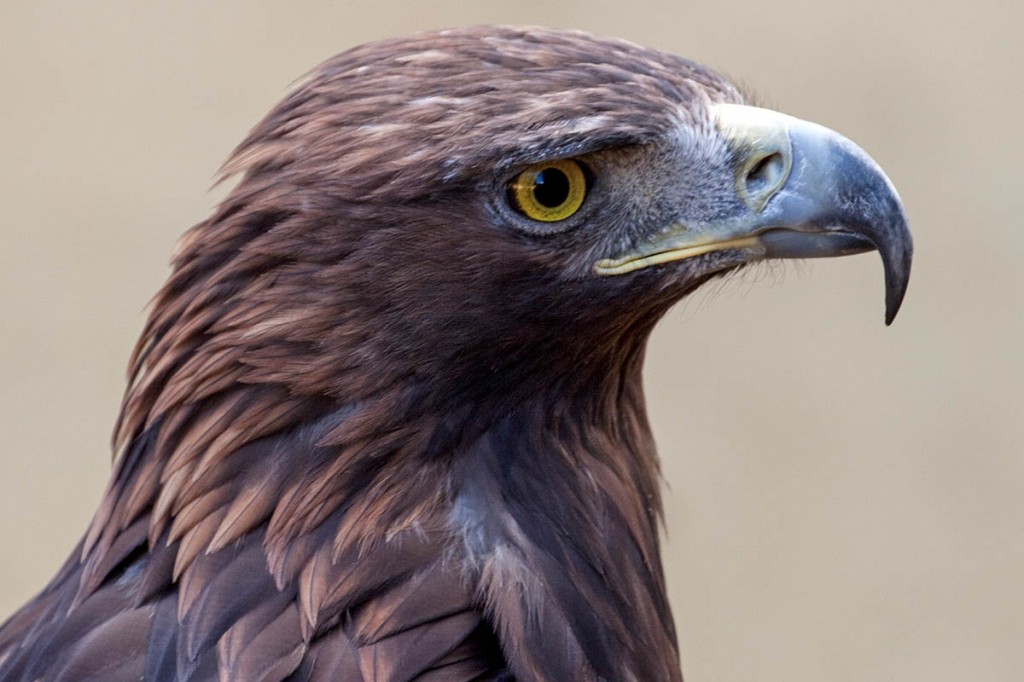Scotland’s official outdoors body has clamped down on four properties where it says there is evidence of wildlife crime.
Scottish Natural Heritage has suspended the use of general licences in two wildlife crime hotspots covered by the farms and estates, restricting the ability to control wild birds.
The Royal Society for the Protection of Birds Scotland welcomed the move in the two areas, one in the Borders and the other in Stirlingshire.
SNH said general licences allow landowners or land managers to carry out actions which would otherwise be illegal, including controlling common species of wild birds to protect crops or livestock.
The four properties covered by the three-year suspension of the licences are Burnfoot Estate and Todholes Farm above the Carron Valley in Stirlingshire, and Raeshaw Estate and Corsehope Farm in the Moorfoot Hills in the Borders.
Nick Halfhide, SNH director of operations, said: “There is clear evidence that wildlife crimes have been committed on these properties.
“Because of this, and the risk of more wildlife crimes taking place, we have suspended the general licences on these four properties for three years. They may though still apply for individual licences, but these will be closely monitored.
“This measure should help to protect wild birds in the area, while still allowing necessary land management activities to take place, albeit under tighter supervision. We consider that this is a proportionate response to protect wild birds in the area and prevent further wildlife crime.”
SNH said the new measure complements other recent actions to reduce wildlife crime, including vicarious liability for offences against wild birds, which was introduced in 2011.
Restrictions will prevent people from using the general licences on the land in question for three years. This period will increase if more evidence of offences comes to light, it said.
Duncan Orr-Ewing, head of species and land management at RSPB Scotland, said: “We welcome the continued commitment of the minister and Scottish Government to tackling wildlife crime, and this is confirmation that the open general licence will be removed from land where Scottish Natural Heritage is satisfied that there is sufficient evidence of crimes against birds of prey in recent years.
“The use of the open general licence to control what are considered by some to be ‘pest species’ of bird, including crows and magpies, for conservation and other legal purposes, is a privilege and not a right. This activity is undertaken as derogation from the provision under the European Union Birds Directive, which affords protection to all native bird species, so it is right that the highest standards are met.
“The removal of the open general licence is an important part of the toolkit available to the public authorities to act as a meaningful deterrent to the serious problem of the illegal killing of birds of prey in parts of Scotland, and underpinned by what is now a clear body of evidence confirming the scale and detrimental impact of these crimes on the populations of bird species including the golden eagle, hen harrier and red kite.
“This wider toolkit for combating wildlife crime also includes the prosecution of landowners for vicarious liability for the actions of their employees in cases of confirmed crimes against birds of prey unless they have taken steps of due diligence to prevent this activity from occurring.”
The licence restrictions will come into force on 13 November.

![[CC-2.0]](/lib/img/layout/cc-attr.gif)